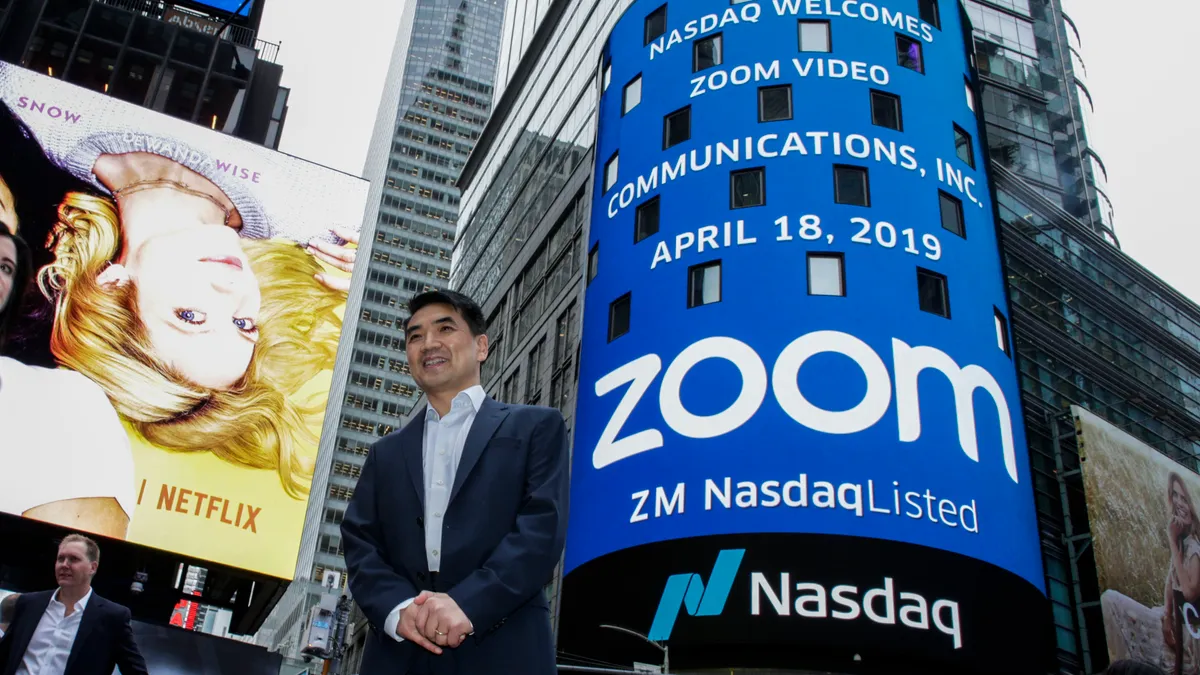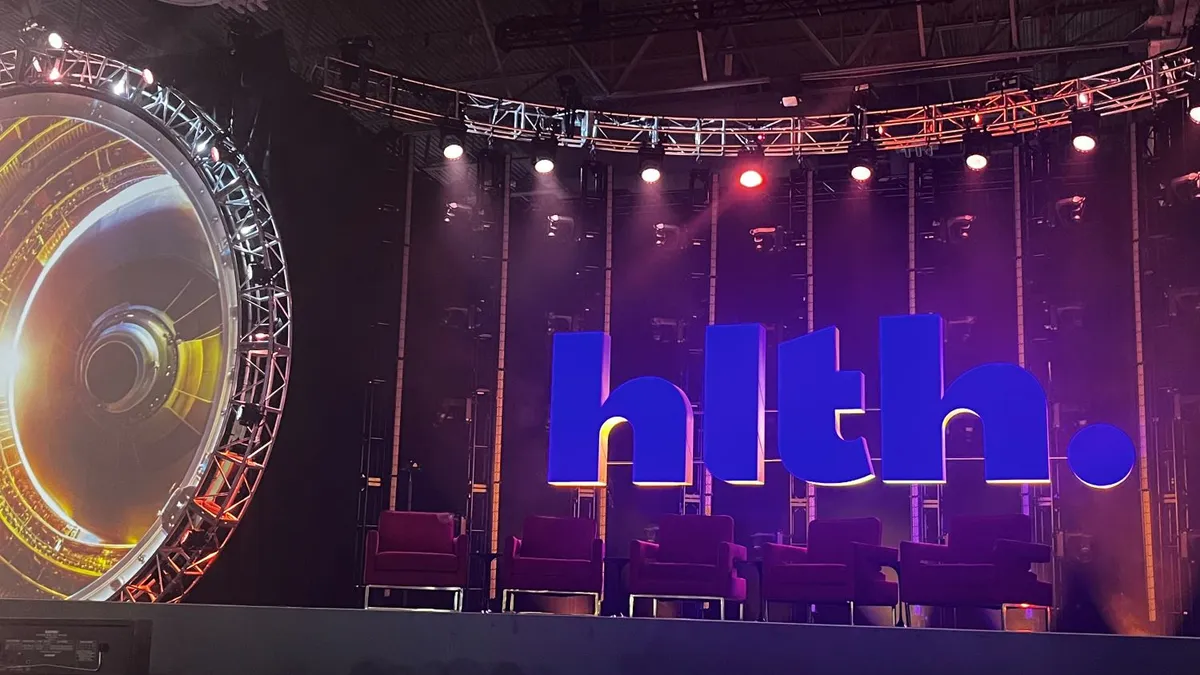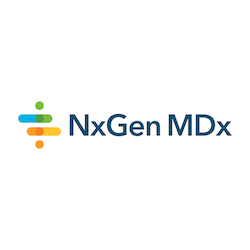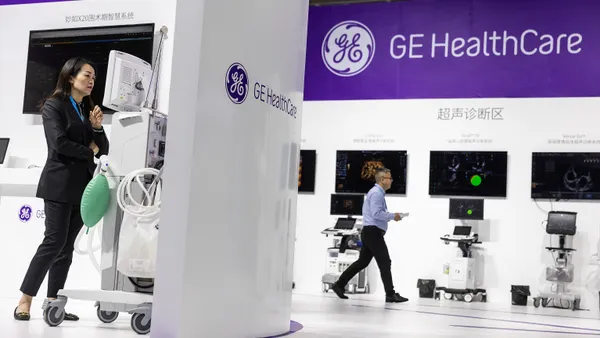Dive Brief:
- Zoom is partnering with Suki to add artificial intelligence-backed clinical documentation to its offerings for healthcare organizations, the companies said at the HLTH conference Tuesday.
- The video communications company will use Suki’s AI engine, called Suki Platform, to record conversations between clinicians and patients, and draft a note. The deal is primed for Zoom’s telehealth business, but providers using Zoom for in-person care can also use the AI documentation tool, according to a Suki spokesperson.
- The deal is Suki’s largest provider partnership, a spokesperson told Healthcare Dive. Almost 140,000 healthcare institutions across the globe use the Zoom platform, according to a press release.
Dive Insight:
Executives at HLTH this week said looming workforce shortages and burnout among physicians are top of mind for providers. Proponents of AI-powered tools argue they can reduce the time clinicians spend on administrative work, a long-term complaint among providers who say the time and effort needed for documentation hampers patient care.
Suki’s main product is an AI assistant that listens to patients and providers during a visit and generates a clinical note. Clinicians can also dictate information to the assistant, and the tool can suggest codes and surface relevant medical details from the electronic health record.
The startup also offers Suki Platform to partners who want to build their own ambient and voice tools for documentation, voice interaction or dictation.
The partnership builds on recent investments in Suki to expand its healthcare products. Earlier this month, the startup raised $70 million in a series D round, bringing its total funding to $165 million. It also follows another virtual care partnership with Amwell to deploy its AI assistant to the vendor’s Converge telehealth platform.
Clinical documentation is a popular use case for AI in healthcare — and there are a number of companies raising investment dollars and pitching their tools to health systems.
Another note-taking startup, Abridge, raised $150 million earlier this year, and AI assistant Nabla announced a $24 million series B round in January.
But competition is stiff for startups, with larger technology players like Microsoft — through its subsidiary Nuance Communications — and Amazon offering their own scribes. Amazon said this week it uses its documentation tool at its One Medical clinics.





















